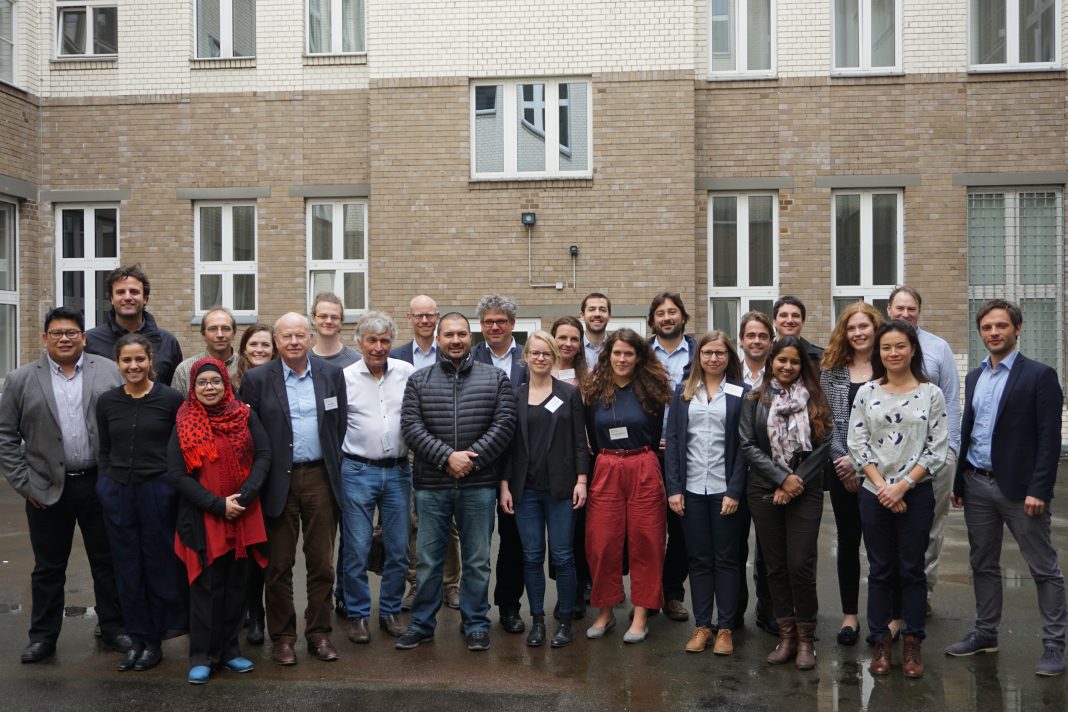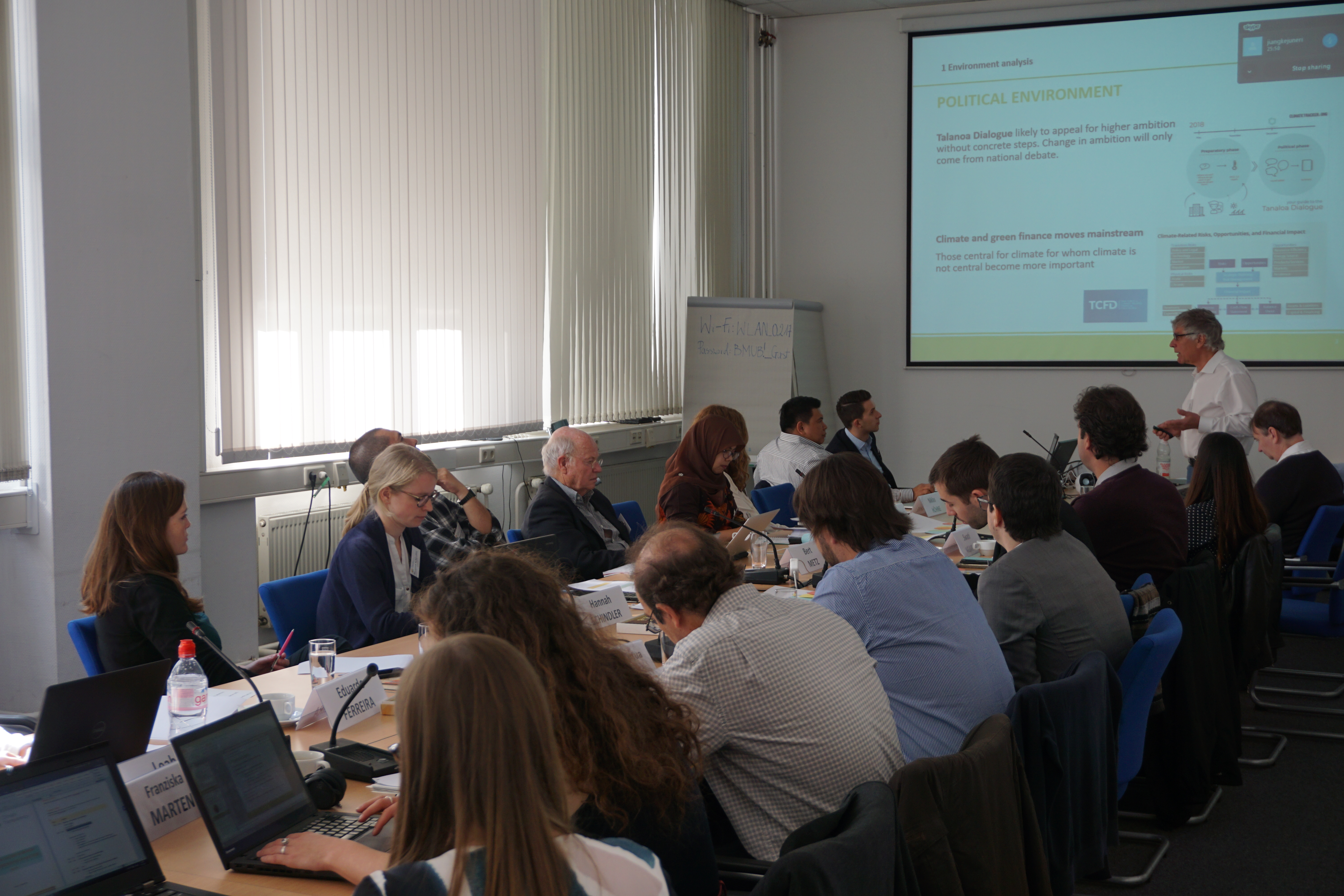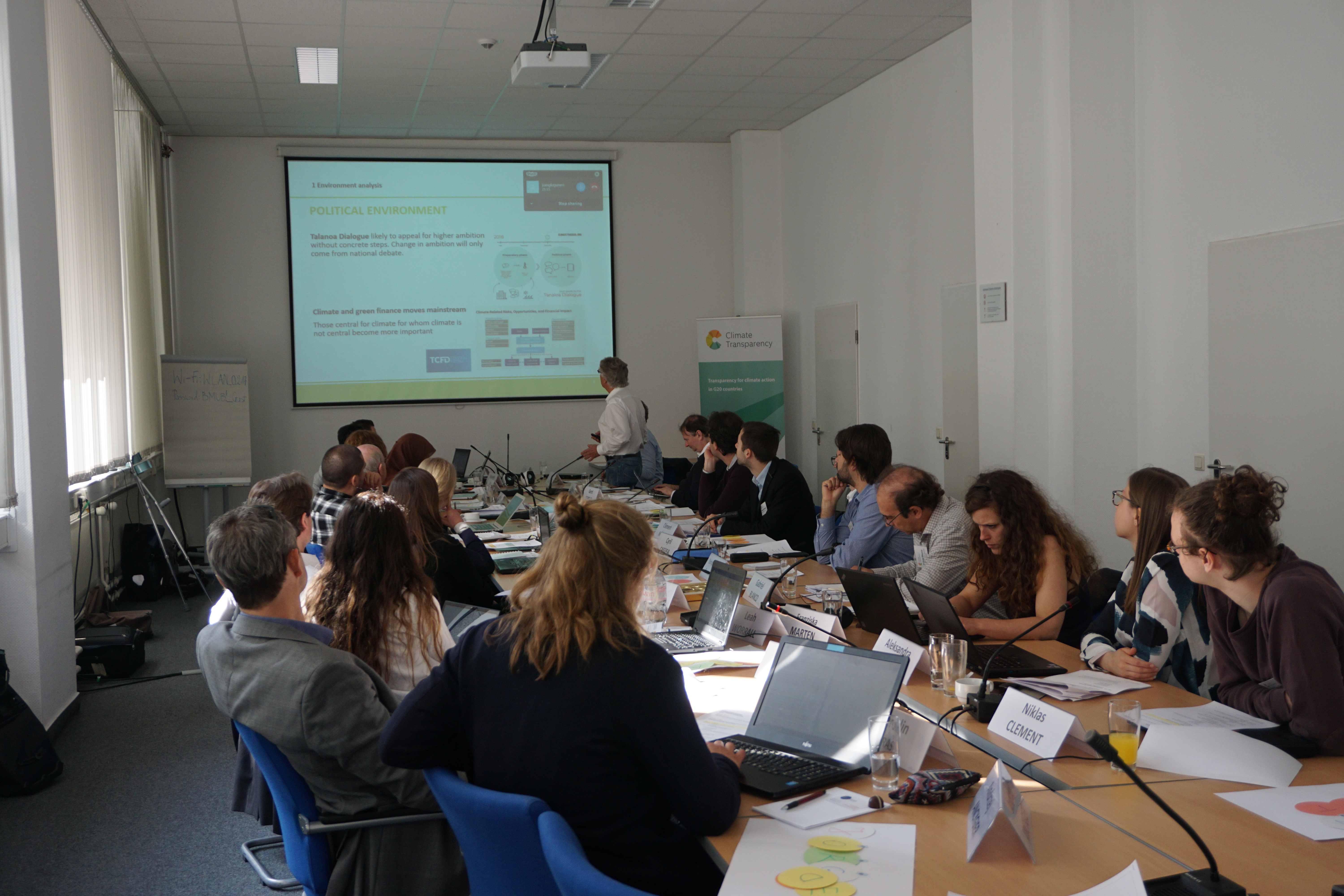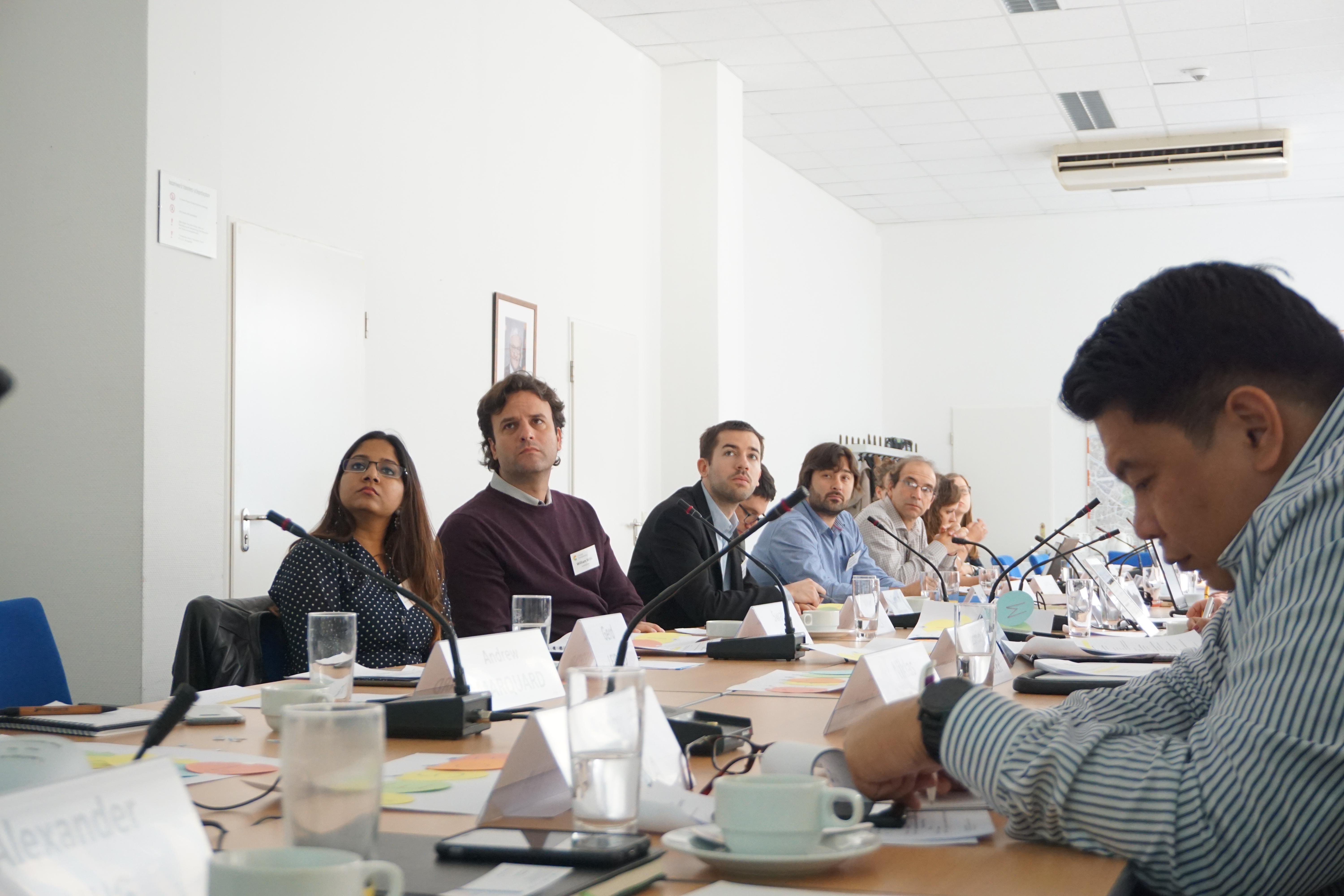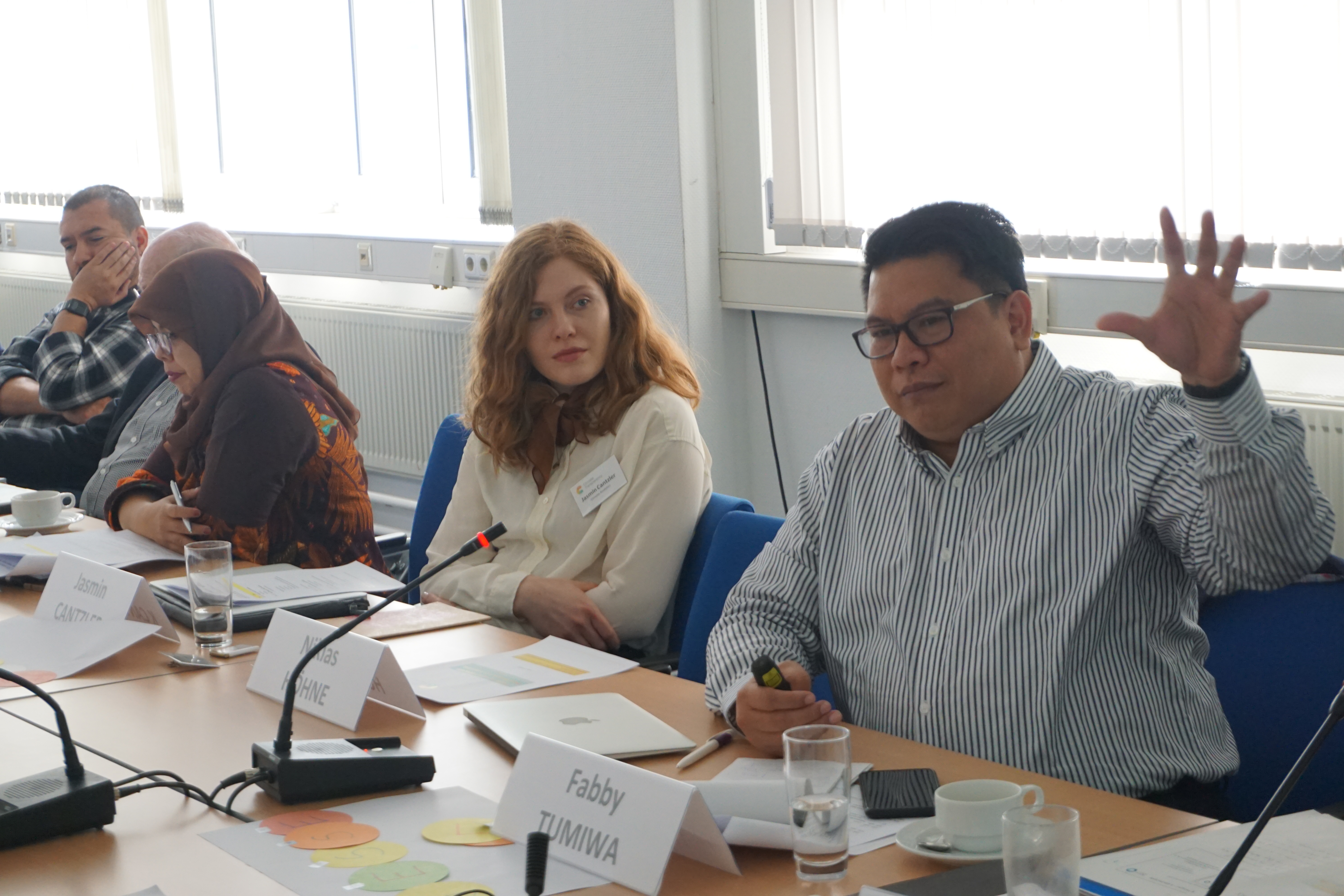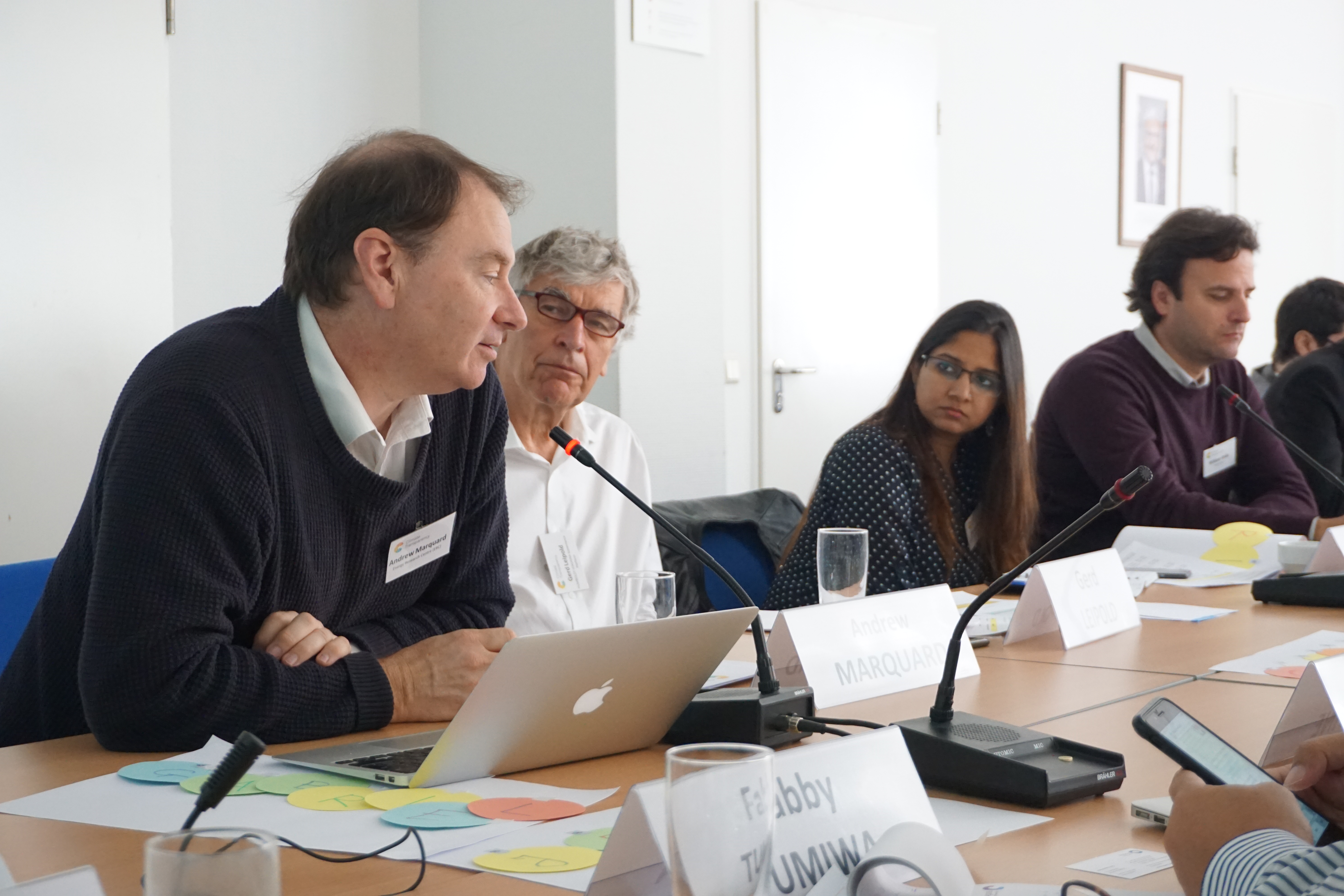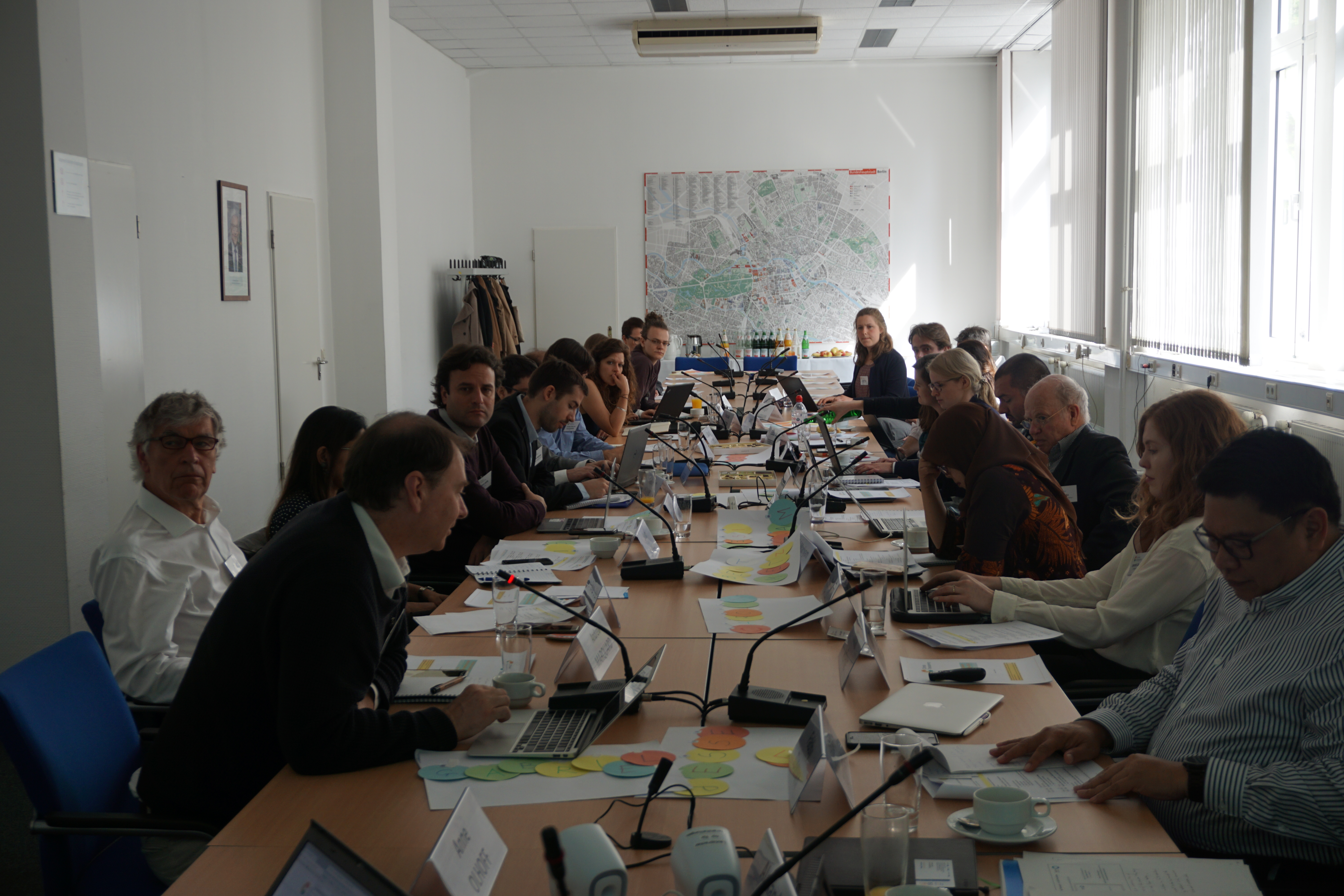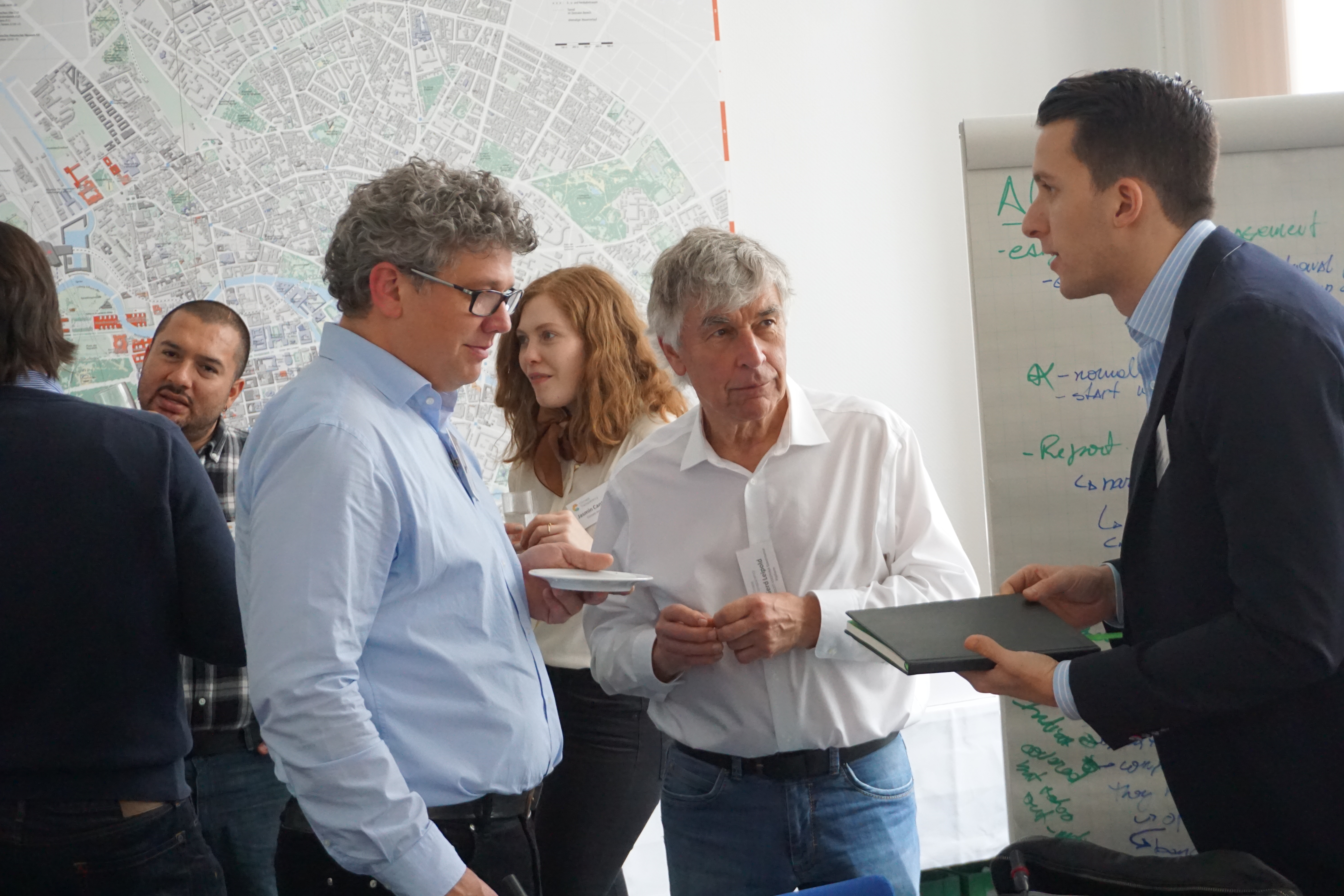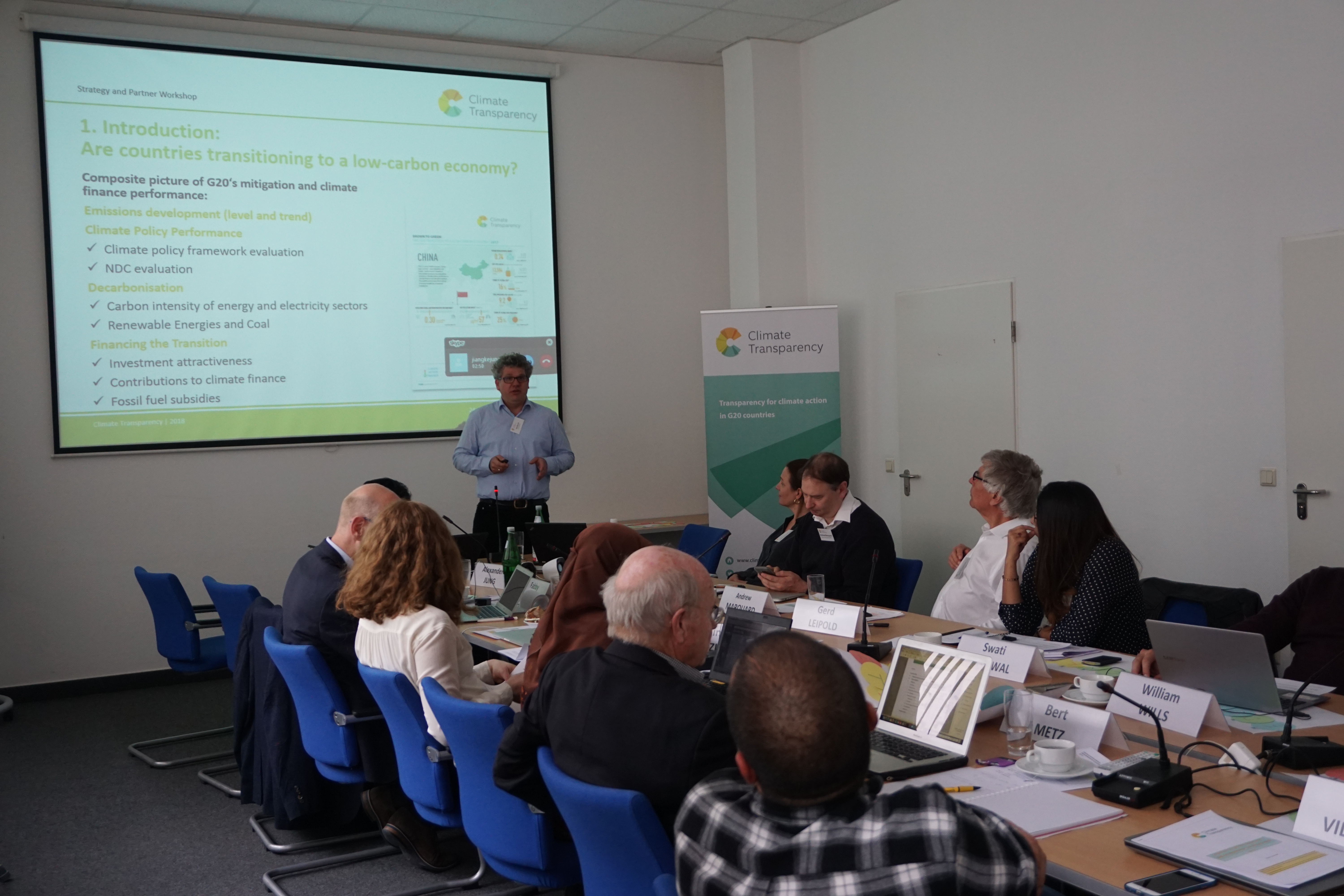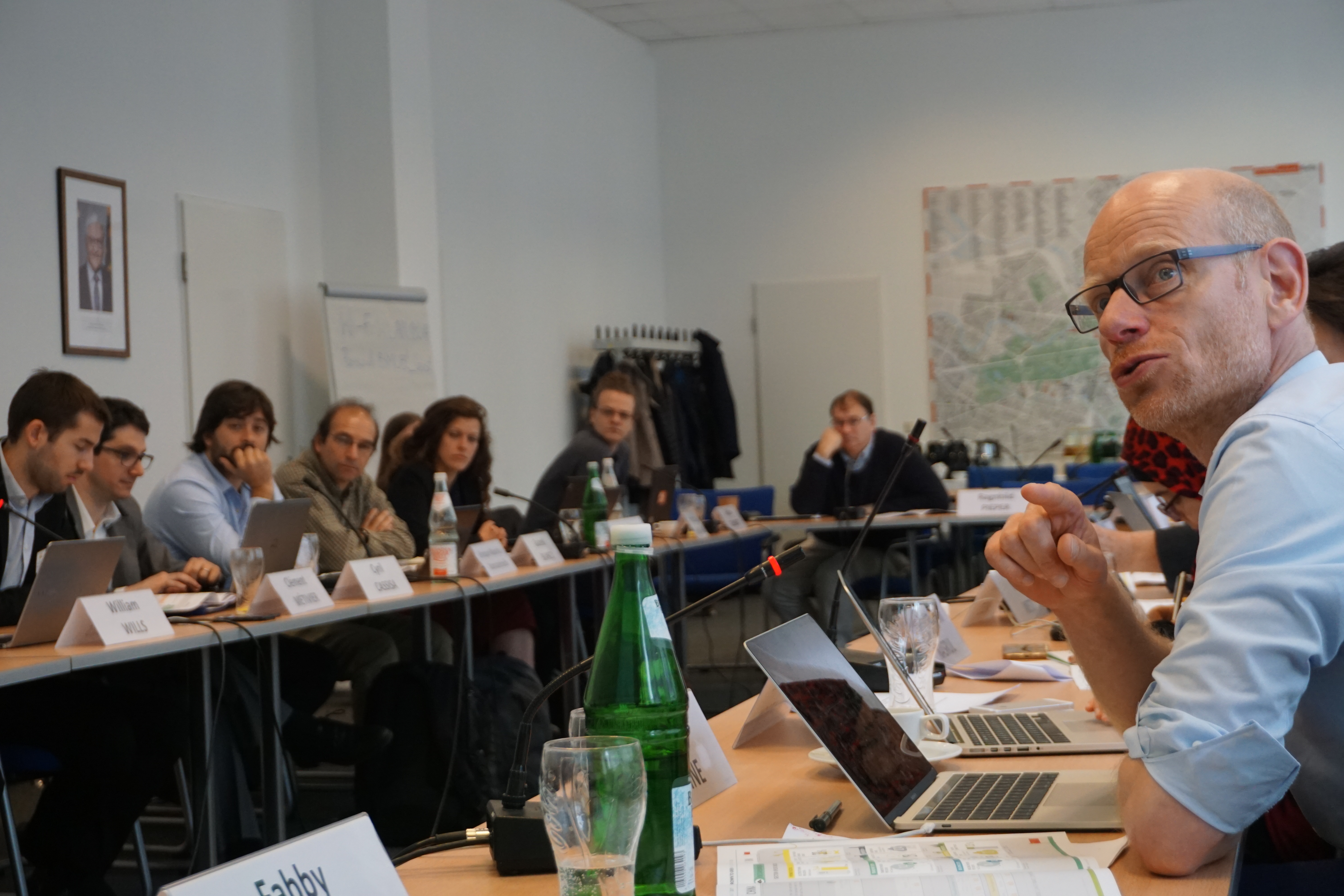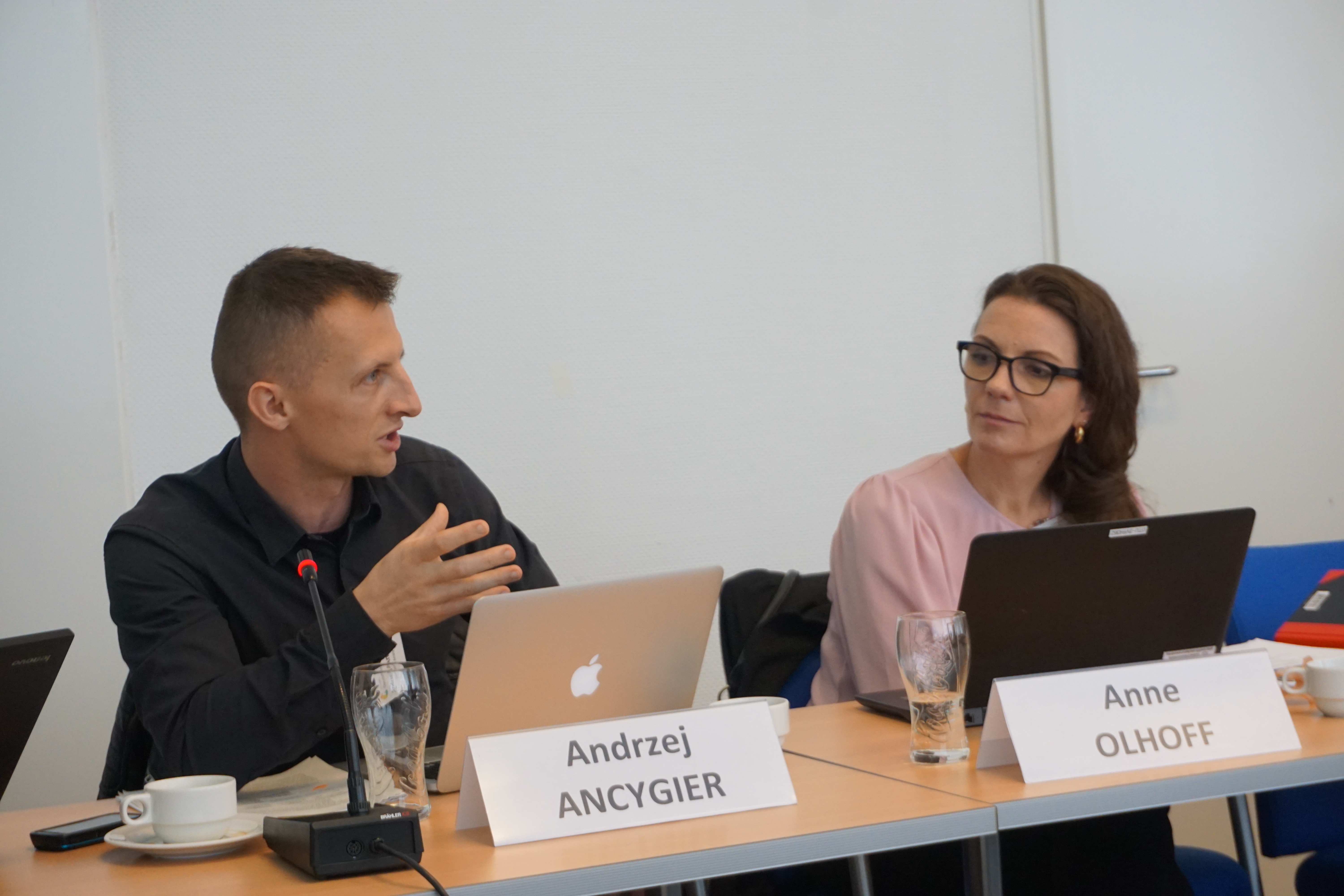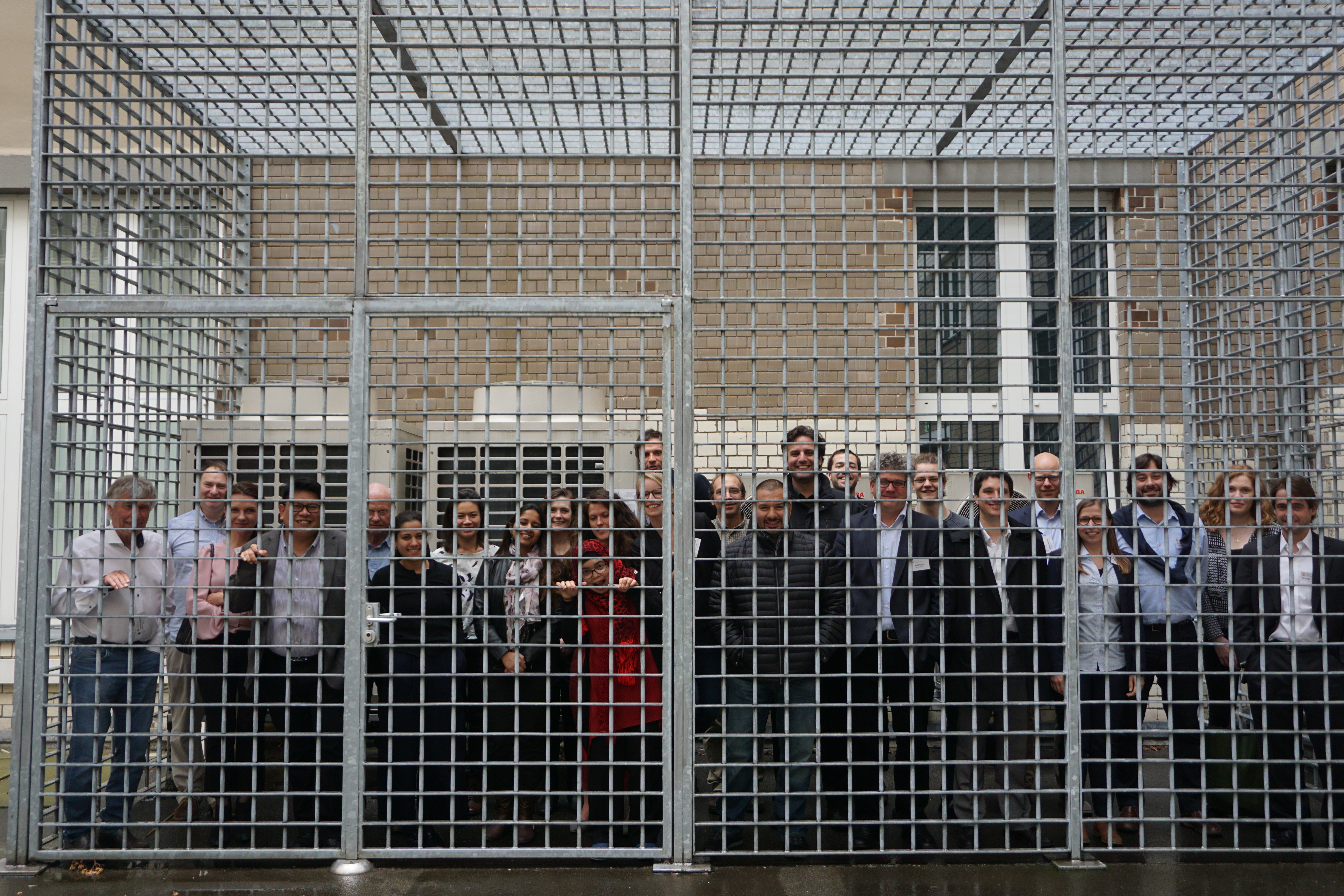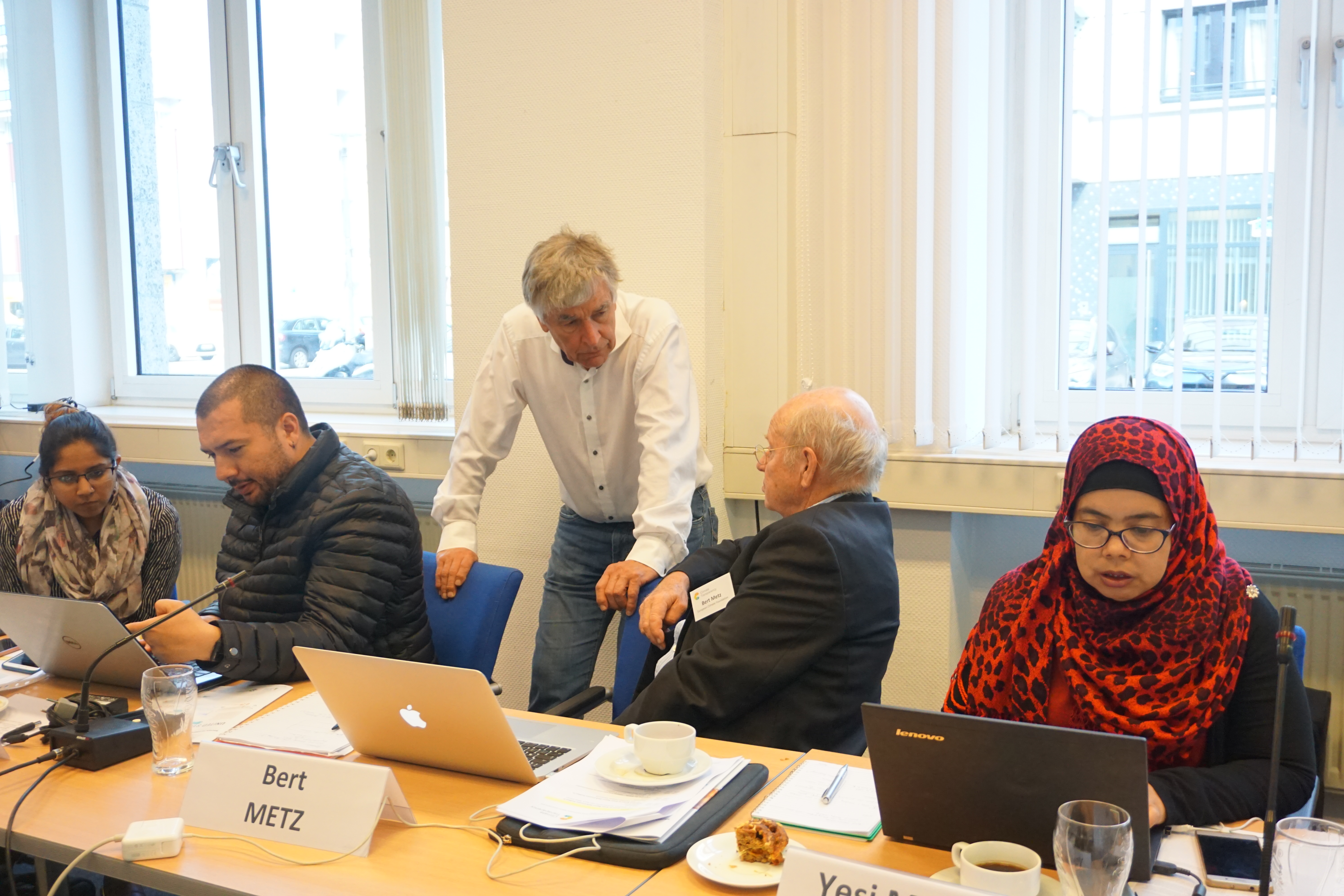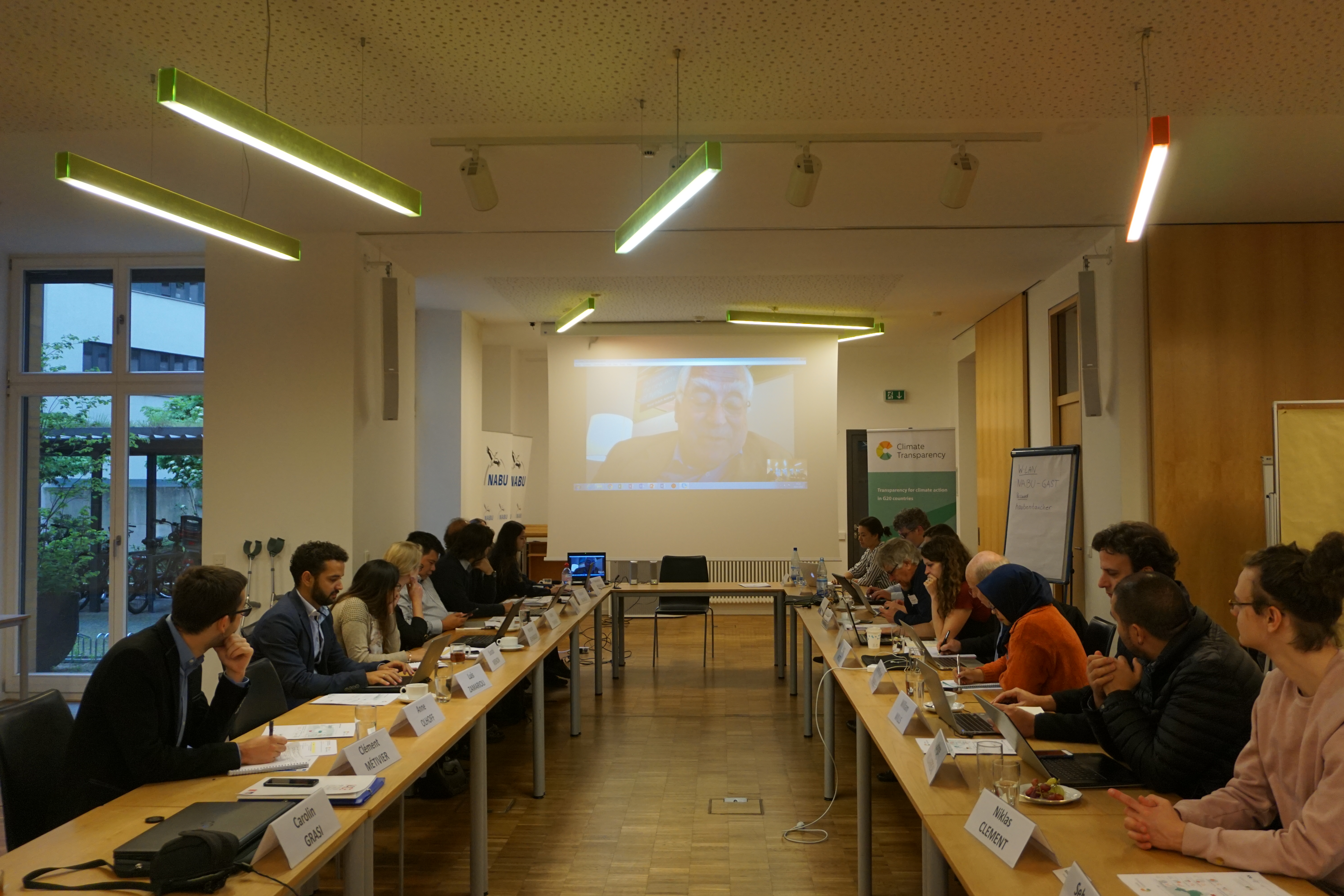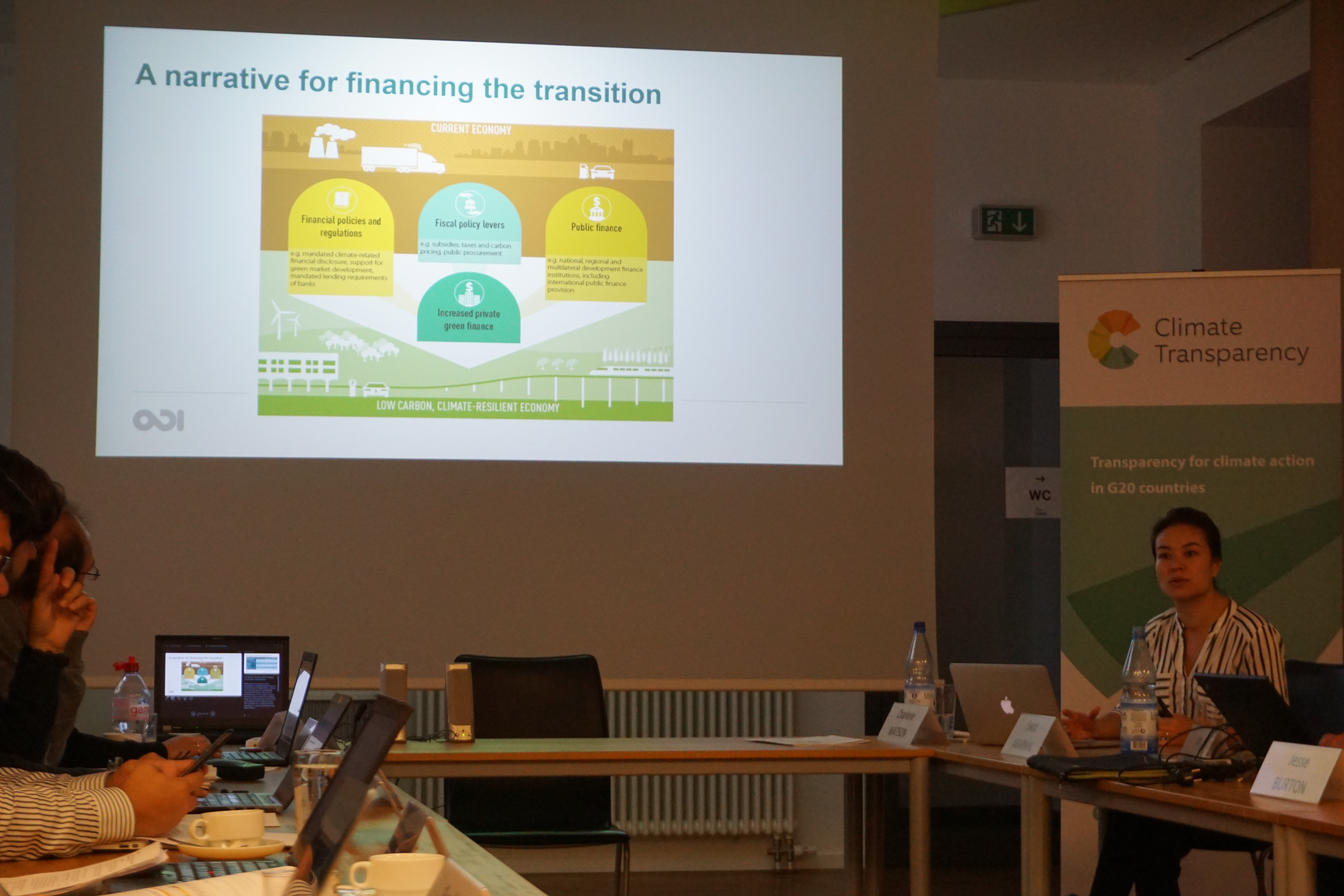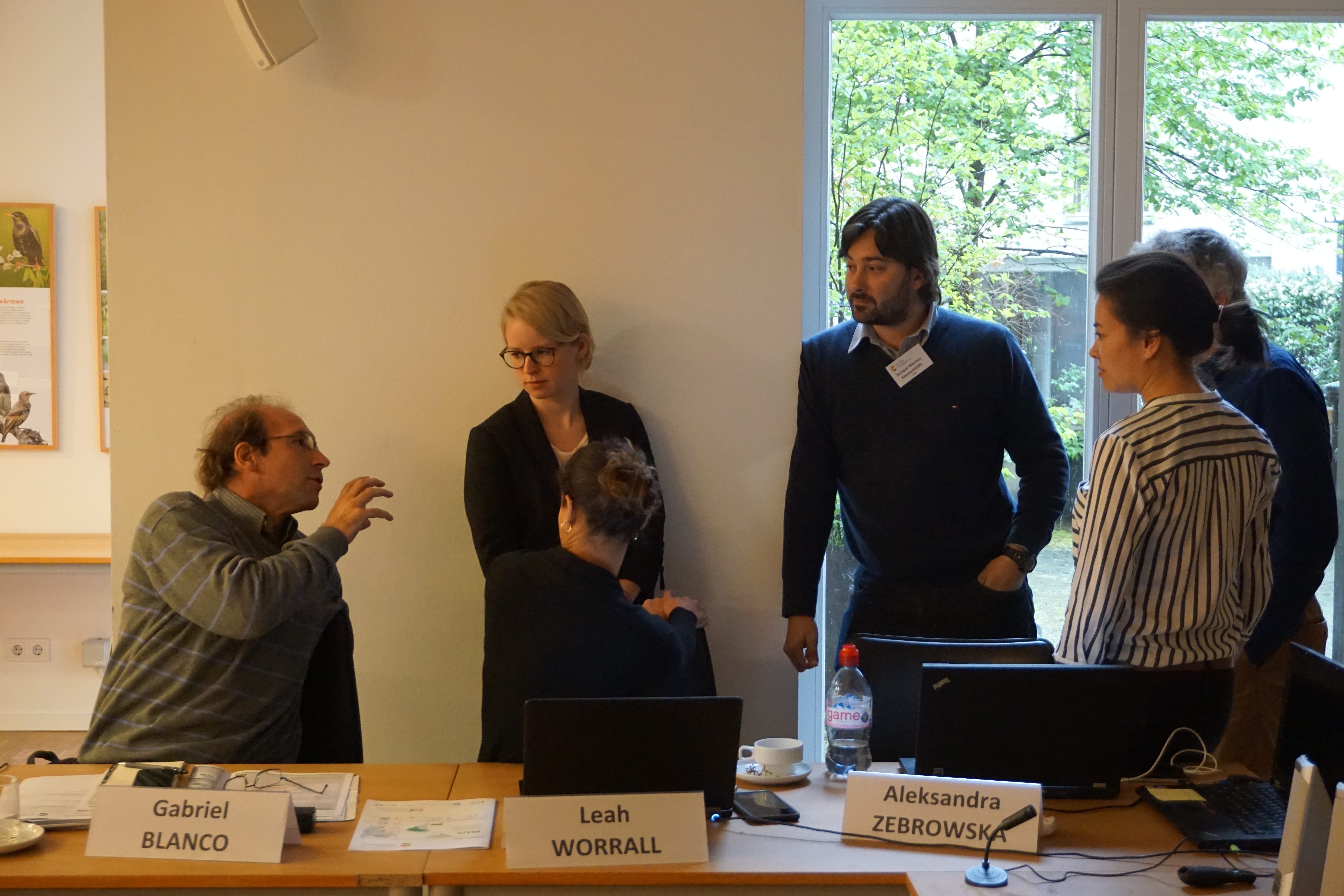Berlin, 24-26 April 2018; This year the Strategy and Partner Workshop of Climate Transparency gathered partners, observers and other affiliated experts from various stakeholder groups such as civil society, foundations, the financial sector and governments for the three-day event to discuss the strategy of how to maximize impact in 2018.
Every year, partners, observers and other experts gather at the Strategy and Partner Workshop to discuss how to stimulate enhanced climate action through peer comparisons.
This year partners from the Fundación Ambiente y Recursos Naturales (FARN) (Argentina), Fundação COPPETEC/Centro Clima (Brazil), Energy Research Institute/National Development and Reform Commission (China), the Energy and Resources Institute (TERI) (India), Institute for Essential Service Reform (IESR) (Indonesia), Iniciativa Climática de Mexico (ICM) (Mexico) and the Energy Research Center of University of Cape Town (South Africa) as well as representatives from Agora Verkehrswende, Climate Analytics, ClimateWorks Foundation, Enerdata, the European Climate Foundation, Germanwatch, HUMBOLDT-VIADRINA Governance Platform, Global Strategic Communication Council (GSCC), I4CE Institute for Climate Economics, NewClimate Institute, Overseas Development Institute, UNEP Risø Centre and World Bank Group discussed how to achieve more climate action with the Brown to Green Report and targeted communication both internationally and nationally.
During the 1st day of the workshop, which took place at the premises of the German Federal Ministry for the Environment, Nature Conservation and Nuclear Safety (BMU), the overall strategy and objectives of Climate Transparency in 2018 have been discussed. It has been highlighted that in 2018 it is of major importance that the key messages of the Brown to Green Report is translated to the national context.
On the 2nd day of the workshop participants focused on the strategy and content of Brown to Green Report 2018. Discussions focused on which indicators describe the transition from brown to green and are most useful for policy makers. While discussing indicators regarding emissions, decarbonisation, finance but also adaptation and just transition, issues related to quantitative and qualitative data, their comparability, recentness as well as possible discrepancy between national and international data have been largely discuss.
A major focus of the day was laid on how to achieve impact with national and international communication. A global communication strategy, which forms the basis for all national communication strategies and specific interventions is key to achieve more impact, also in reaching those central for climate but for whom climate is not central. Moreover, the date and format of the global and national launches of the Brown to Green Report have been discussed. An input by the Global Strategic Communication Council (GSCC) highlighted experience of the GSCC of how to maximize impact with media and other communications supporting releases of reports.
On the last day, which took place at Naturschutzbund Deutschland e.V. (NABU), discussions focused on which indicators are most suitable to describe financing the transition, incl. investment attractiveness of renewable energy, fossil fuel subsidies, carbon revenues, effective carbon rates, green and brown public finance for energy and international provision of finance.
Participants welcomed fruitful discussions and big engagement presented from all partners during the workshop. The results of the Strategy and Partner workshop will be the basis for the work of the Climate Transparency partnership towards the G20 Summit in Argentina and COP24 in Poland.
The three-days workshop has been organized by the HUMBOLDT-VIADRINA Governance Platform, currently serving as the International Secretariat of Climate Transparency, in co-operation with Germanwatch.


